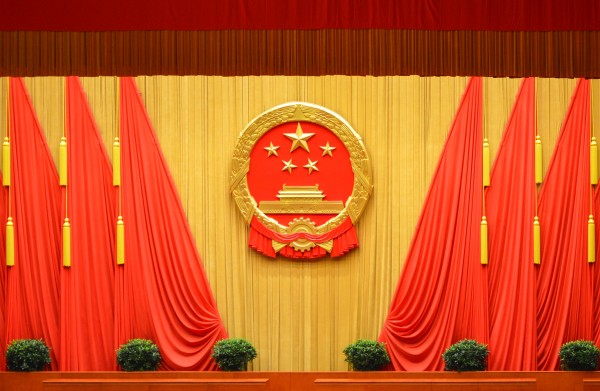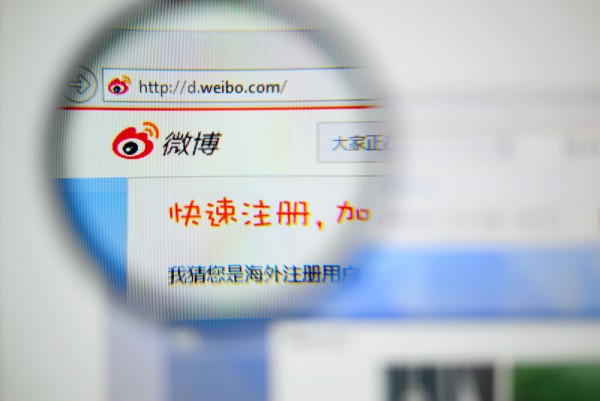The International Press Institute (IPI) today called for the release of Chinese journalist and IPI World Press Freedom Hero Gao Yu, whose trial for allegedly leaking state secrets began Friday behind closed doors in a Beijing court.
“Gao Yu’s ongoing detention, reportedly for the alleged dissemination of a document highlighting the ideology behind Beijing’s policies, is disturbing,” IPI Deputy Director Barbara Trionfi said. “There is no doubt that her action is solely aimed at serving the public interest, and she must not be punished for this. We urge China to drop all charges against Gao Yu and to ensure that she can exercise the rights guaranteed to her under the Chinese Constitution and the country’s international commitments.”
The results of Friday’s hearing have not been released publicly, but Gao’s lawyer, Mo Shaoping, said that the proceedings had concluded and that he hoped a verdict will be delivered soon. Gao reportedly pled “not guilty” to the charge, asserting that the prosecutor’s evidence was unreliable.
She is believed to stand accused of leaking a document known as “Document 9” to the U.S.-based news website Mingjing Magazine. The document – which purportedly outlines an ideological agenda of the Chinese Communist Party (CCP) to promote economic reform while restricting civil society – specifically criticises the promotion of western concepts of democracy, human rights and media freedom as threats to CCP control of the nation’s ‘ideological sphere.’
Mingjing Magazine has denied the allegation that it received information from Gao.
China’s harsh state secret laws have been used in the past to clamp down on the dissemination of material perceived to threaten the Party’s grip on power, and Gao’s trial was closed to the public because of the alleged connection with state secrets. Officials at the Beijing No. 3 People’s Intermediate Court, where Friday’s hearing took place, ushered reporters out of the court area before the hearing started.
On Saturday, a Communist Party-published newspaper supported the charges against Gao and said that overseas criticism of the case was evidence of a “smear campaign” directed against the Chinese government.
Gao has been held since April 24, when she was detained ahead of the 25th anniversary of the Tiananmen Square massacre on June 4, 2014. Two weeks after her arrest, she was forced to publicly issue a confession on television. Gao later told her lawyer that she made the confession under duress to protect her son, who was also detained at the end of April and released following the confession.
International observers have long criticised about the overly broad application of secrecy laws to prevent critical journalism. In a 2010 joint statement, then-U.N. Special Rapporteur on Freedom of Opinion and Expression Frank La Rue, then Organization for Security and Co-operation in Europe (OSCE) Representative on Freedom of the Media Miklos Haraszti, then-Organization of American States (OAS) Special Rapporteur on Freedom of Expression Catalina Botero, and African Commission on Human and Peoples’ Rights (ACHPR) Special Rapporteur on Freedom of Expression and Access to Information Faith Pansy Tlakula expressed concern about “[t]he application of secrecy laws to journalists and others who are not public officials, for example to impose liability for publishing or further disseminating information which has been leaked to them”.
Gao’s current detention is her third arrest. She was arrested one day before the Tiananmen Square crackdown on June 3, 1989, and held for 15 months without formal charges after she authored an article that supported student protesters. Gao was arrested again on Oct. 2, 1993 on charges of leaking state secrets to an overseas Chinese-language newspaper. She was sentenced to six years in prison in 1994 and served most of her sentence before being released nine months early due to health problems.
IPI honoured Gao in 2000 as a World Press Freedom Hero. In 1995, she received the World Association of Newspapers’ Golden Pen Award and the International Women’s Media Foundation’s Courage in Journalism Award. In 1997, Gao was also the first journalist to be honoured with the UNESCO/Guillermo Cano World Press Freedom Prize.


